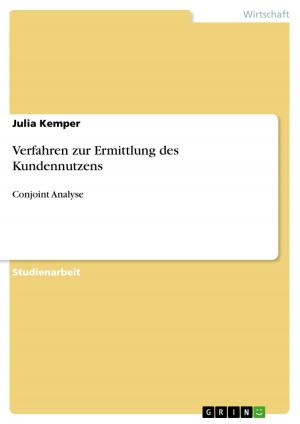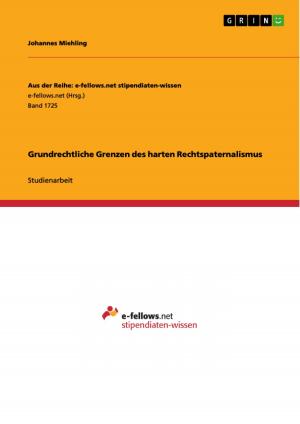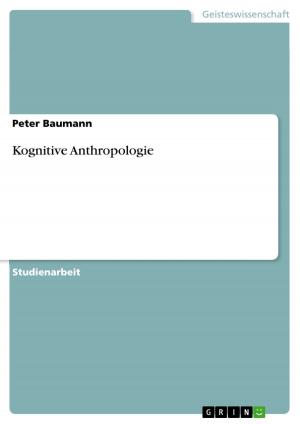Cross-Cultural Business Communication
Intercultural Competence as a universal Interculture
Business & Finance, Business Reference, Education| Author: | Sven Rosenhauer | ISBN: | 9783640236176 |
| Publisher: | GRIN Verlag | Publication: | December 26, 2008 |
| Imprint: | GRIN Verlag | Language: | English |
| Author: | Sven Rosenhauer |
| ISBN: | 9783640236176 |
| Publisher: | GRIN Verlag |
| Publication: | December 26, 2008 |
| Imprint: | GRIN Verlag |
| Language: | English |
Diploma Thesis from the year 2007 in the subject Business economics - Didactics, Economic Pedagogy, grade: 1,0, Berlin School of Economics, 96 entries in the bibliography, language: English, abstract: The purpose of the present thesis is to examine if and to which extent cultures converge in an international business environment and if intercultural competence has a bearing on it. Therefore, theoretical and practical insights in the subject of culture, its implicit and explicit differences, as well as its measurements will be provided. Due to the fact that communication - as a major cultural attribute - is the most obvious level on which cultural differences are recognized, insights in the topic of cross-cultural and intercultural communication will be given. A thorough discussion of the concept of culture and communication is beyond the scope of this paper, but in what follows, an adequate overview of recognized and well-known researchers' theories and findings will be provided. Besides giving theoretical background knowledge, it will be examined whether the internationally defined soft skills of intercultural competence can be seen as an approach towards a universal interculture, likewise a universal communication. The topic of the present thesis will be illustrated by a case study, as well as researched and evaluated by a field study conducted at one of the most culturally diverse organization - the United Nations. Findings should only expose tendencies to confirm or disprove previous research findings in the field of cross-cultural comparative research and intercultural communication. It is not intended to present new empirical findings.
Diploma Thesis from the year 2007 in the subject Business economics - Didactics, Economic Pedagogy, grade: 1,0, Berlin School of Economics, 96 entries in the bibliography, language: English, abstract: The purpose of the present thesis is to examine if and to which extent cultures converge in an international business environment and if intercultural competence has a bearing on it. Therefore, theoretical and practical insights in the subject of culture, its implicit and explicit differences, as well as its measurements will be provided. Due to the fact that communication - as a major cultural attribute - is the most obvious level on which cultural differences are recognized, insights in the topic of cross-cultural and intercultural communication will be given. A thorough discussion of the concept of culture and communication is beyond the scope of this paper, but in what follows, an adequate overview of recognized and well-known researchers' theories and findings will be provided. Besides giving theoretical background knowledge, it will be examined whether the internationally defined soft skills of intercultural competence can be seen as an approach towards a universal interculture, likewise a universal communication. The topic of the present thesis will be illustrated by a case study, as well as researched and evaluated by a field study conducted at one of the most culturally diverse organization - the United Nations. Findings should only expose tendencies to confirm or disprove previous research findings in the field of cross-cultural comparative research and intercultural communication. It is not intended to present new empirical findings.















